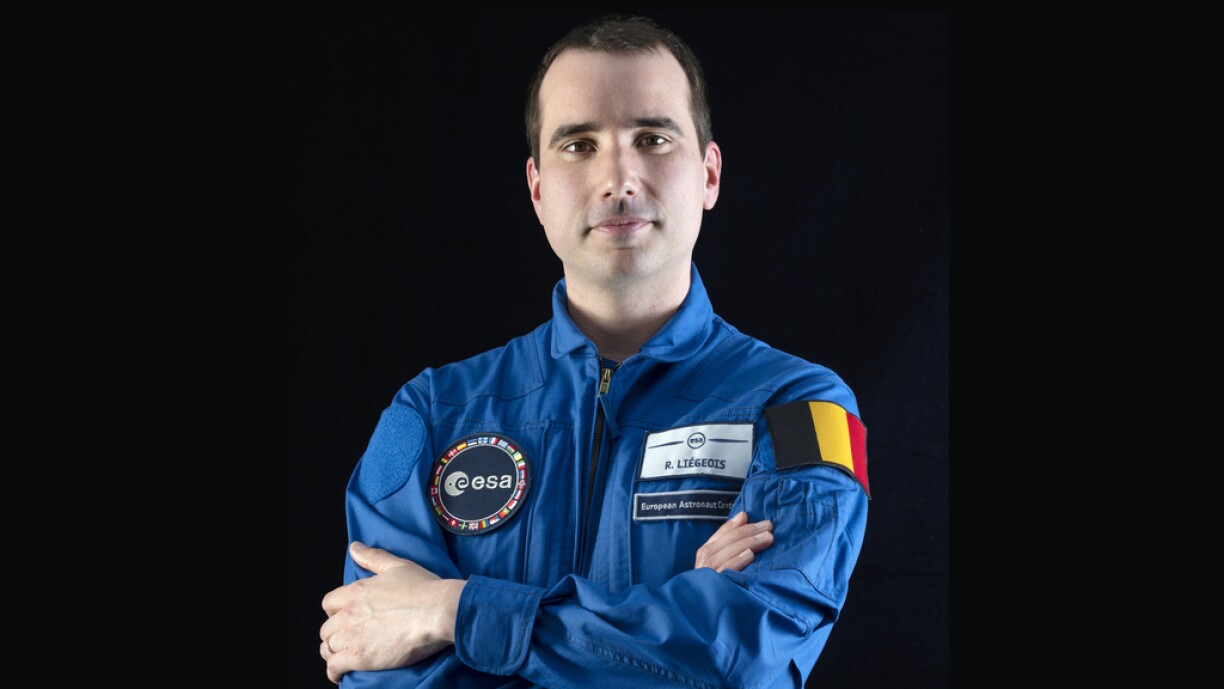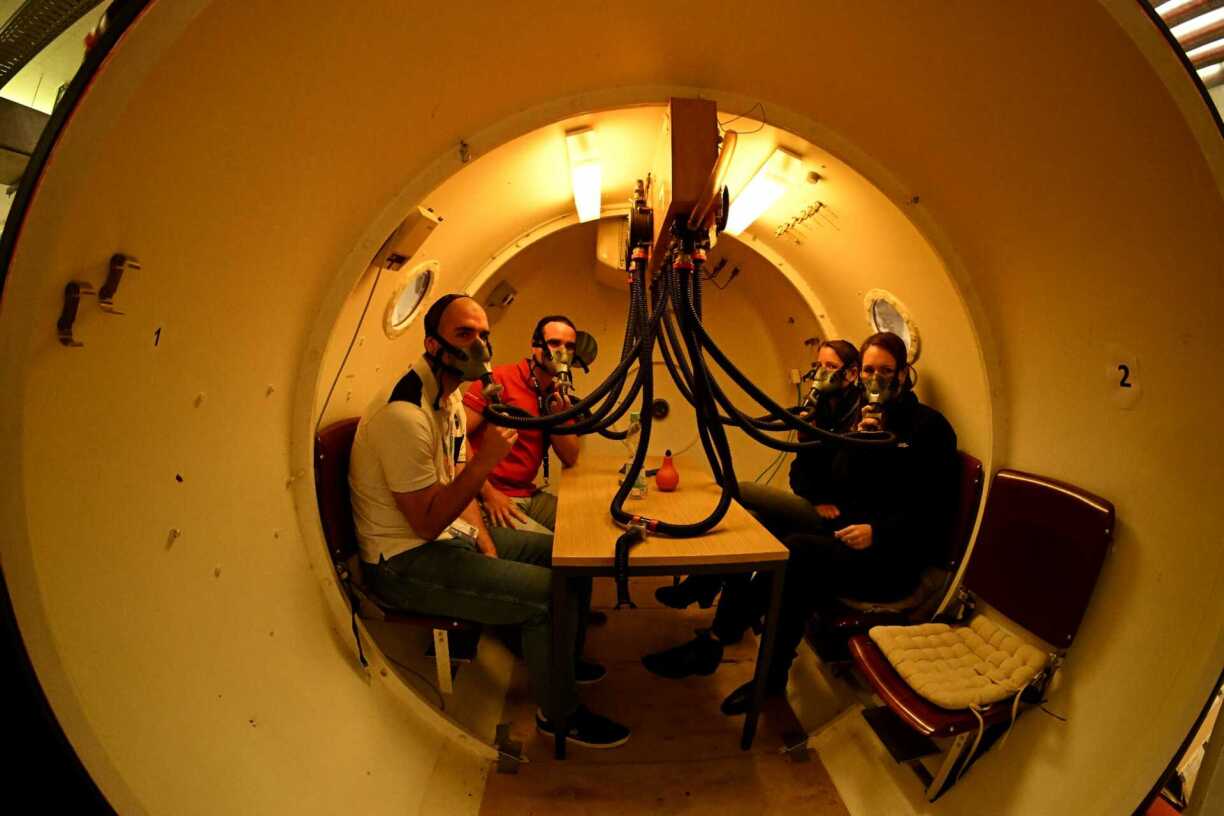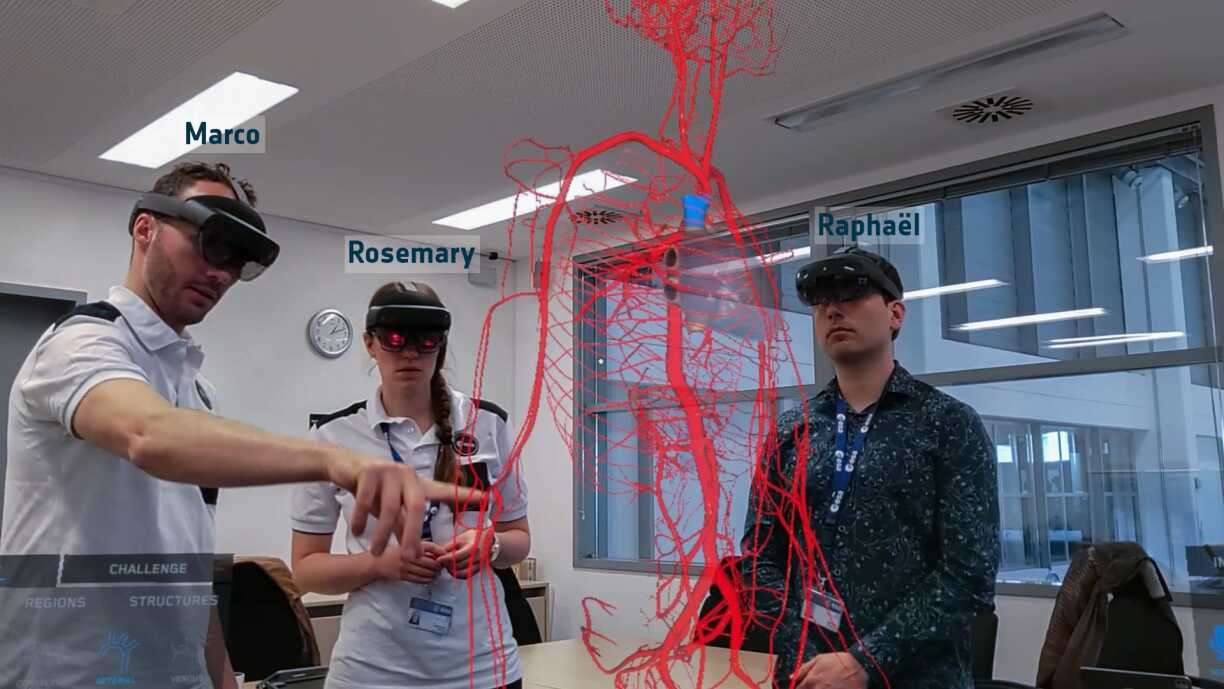
Raphaël Liégeois is a Belgian astronaut who also holds Luxembourgish nationality since 2018 and will be the first Luxembourger to set foot on the ISS.
The 34-year-old Liégois is one of six astronauts who completed training at the ESA’s astronaut centre in Cologne in April 2024.
On Wednesday evening, ESA Director General Josef Aschbacher announced that Liégeois, alongside Sophie Adenot, would be embarking on a mission to the ISS in 2026.
Adenot will be the first to embark on the roughly six-month mission. Liégeois will then take over the European spot on the ISS in the latter half of the year.
Adenot comes from a background in engineering and served as a helicopter pilot in the French Army. Prior to joining the astronaut corps, Liégeois worked as a biomedicine and neuroscience researcher at the University of Geneva.

ESA sources suggest both candidates displayed exceptional qualities, with Liégeois’ unique dual citizenship also allegedly playing a role in his selection. He will be the third Belgian astronaut to fly in space, following in the footsteps of his predecessors.
“Just a month ago, we celebrated completing basic training together,” Liégeois said in a written statement. “Now I’m given the opportunity to fly to the ISS. I’m eager to take on this challenge.” The astronaut is currently undergoing further training with NASA in the United States.
Liégeois was born in Belgium, but his parents have resided in Differdange since 2000 and work in the Grand Duchy.
In his address, ESA Director General Josef Aschbacher emphasised the importance of programmes like Artemis, a collaborative effort between ESA and NASA to return humans to the moon. Aschbacher stressed the need for continued European involvement in space exploration. He highlighted the moon’s crucial role as a stepping stone for future missions to Mars. This vision necessitates a larger astronaut corps, which is why Aschbacher argues that younger astronauts too must be given the opportunity to participate in missions.

The International Space Station (ISS) is a collaborative project involving space agencies from the United States (NASA), Russia (Roscosmos), Japan (JAXA), Europe (ESA), and Canada (CSA). Its primary function is to conduct experiments in microgravity and the space environment. The ISS also serves as a platform for scientific research, allowing scientists to study the effects of long-duration spaceflight on human physiology and test technologies critical for future missions to Mars and other space destinations.